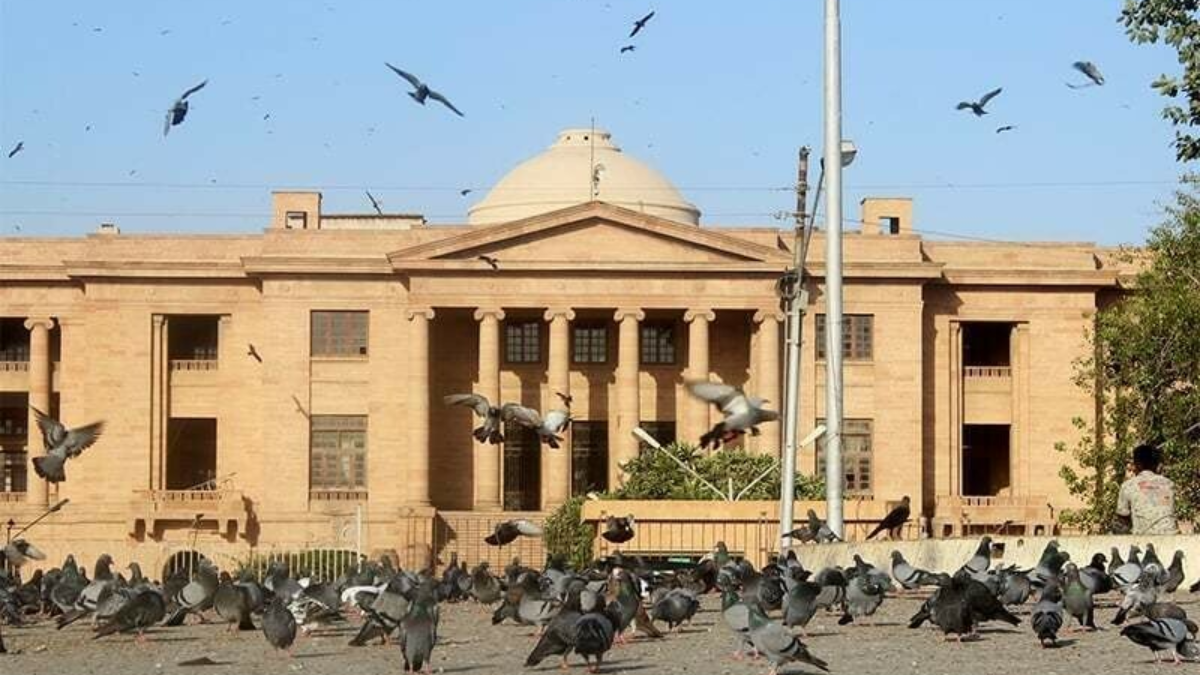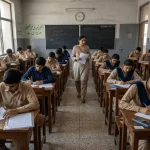
sindh high court orders restoration of social media amidst election fallout in pakistan
In a recent development, the Sindh High Court (SHC) has directed the federal government and the Pakistan Telecommunications Authority (PTA) to restore social media platforms, including X (formerly known as Twitter), across Pakistan. The ruling follows a petition challenging the “unconstitutional” internet shutdowns in the country over the past few days.
The SHC bench, headed by Chief Justice Aqeel Ahmed Abbasi, also summoned a report from the PTA regarding the suspension of internet services on election day and issued a notice to the federal government. The move follows reports from NetBlock which is an organization monitoring internet use issues. it confirmed the shut down of X in all over Pakistan. This happened after protests triggered by alleged vote rigging in the general elections.
Speaking of the elections, the PTI-backed independent candidates have emerged as leaders in the Pakistan general elections 2024, particularly in the National and Khyber Pakhtunkhwa Assemblies. The results showed that PTI-backed independent candidates secured 92 seats, with PML-N in the second position with 79 seats and PPP Winning 54 seats.
Read More: Government Weighs Internet Suspension on February 8 Polling Day
According to election result , the PPP and PML-N have reached an agreement to form a government in the Centre. PPP Chairman Bilawal Bhutto-Zardari announced this during a joint press conference, stating that both parties had achieved the required number to form a coalition government. According to the agreement, PML-N President Shehbaz Sharif is expected to become the country’s prime minister again.They also hope to solve Pakistan’s problems and challenges.
Read More: ECP Issues Arrest Warrants for Absentee Government Employees in General Elections 2024
The court’s order to reinstate social media services is situated within a backdrop of heightened internet restrictions amid political unrest. It underscores the significance of open communication channels in a democratic society



